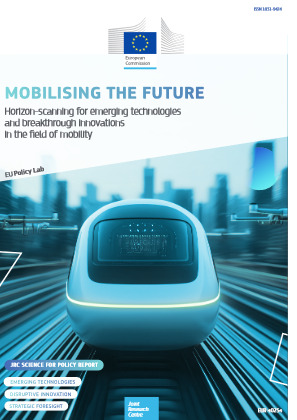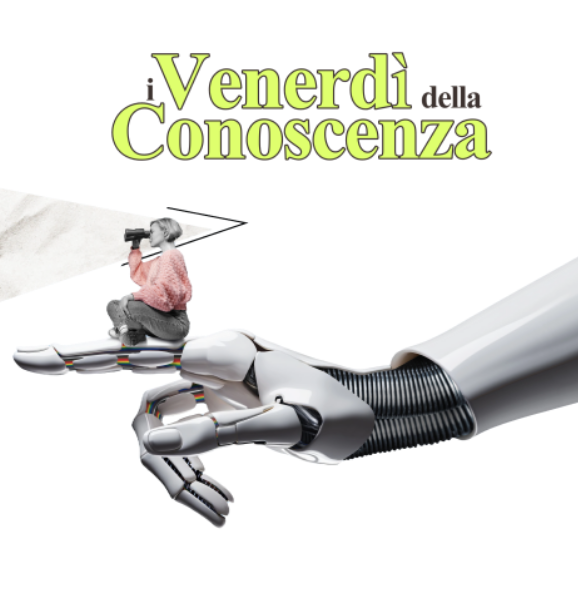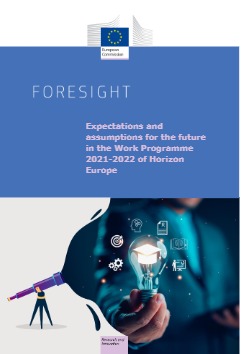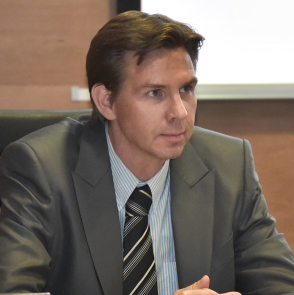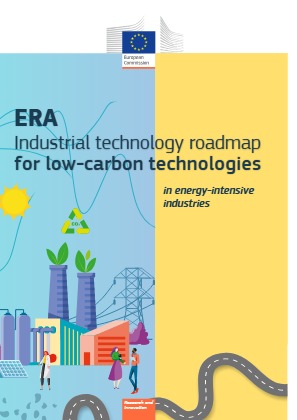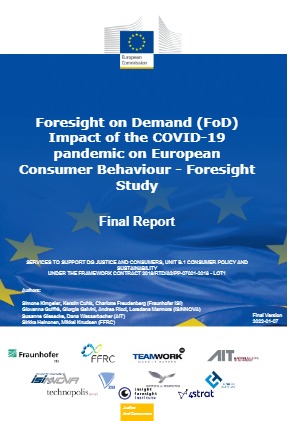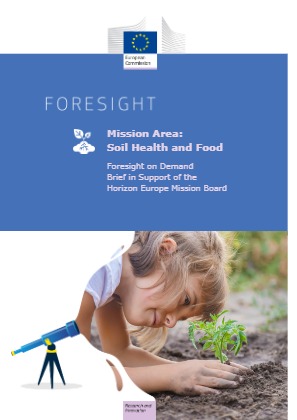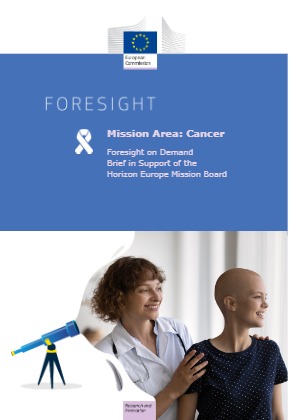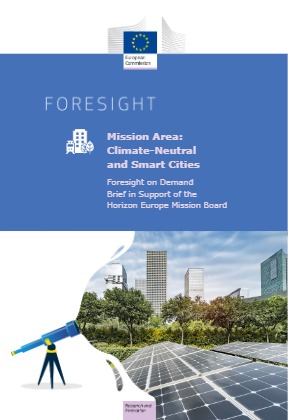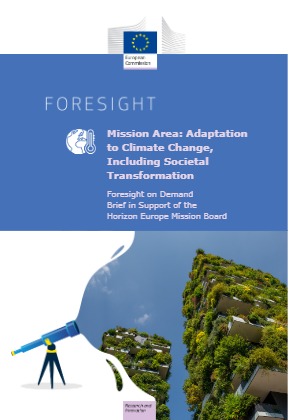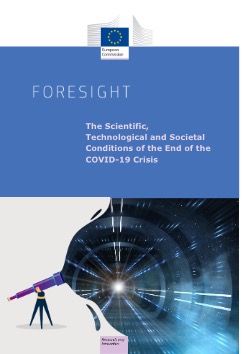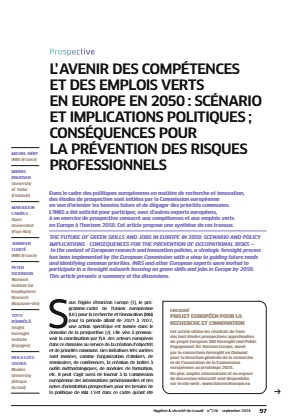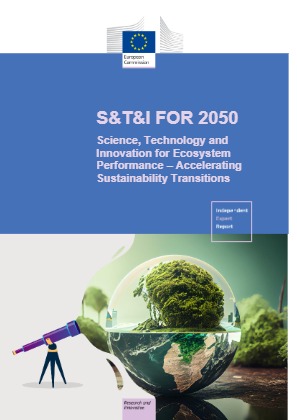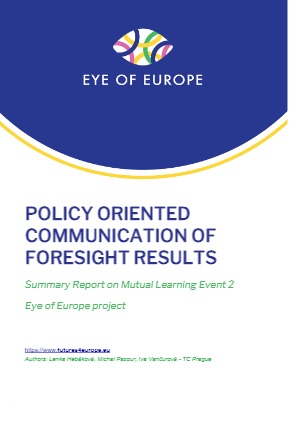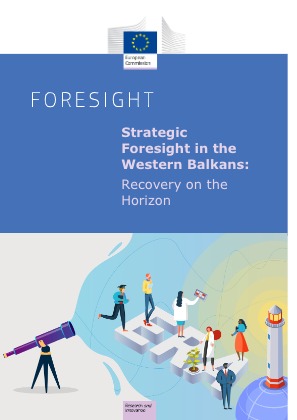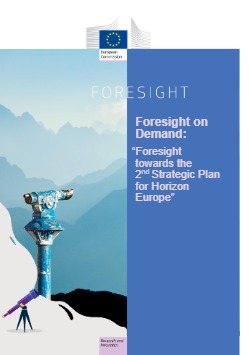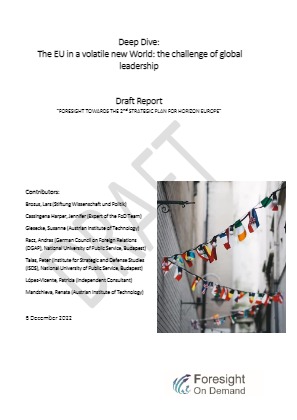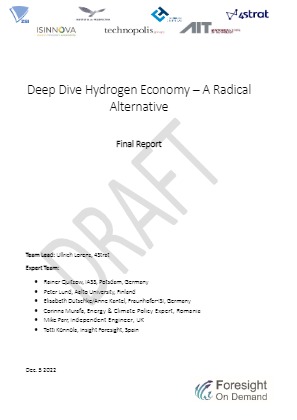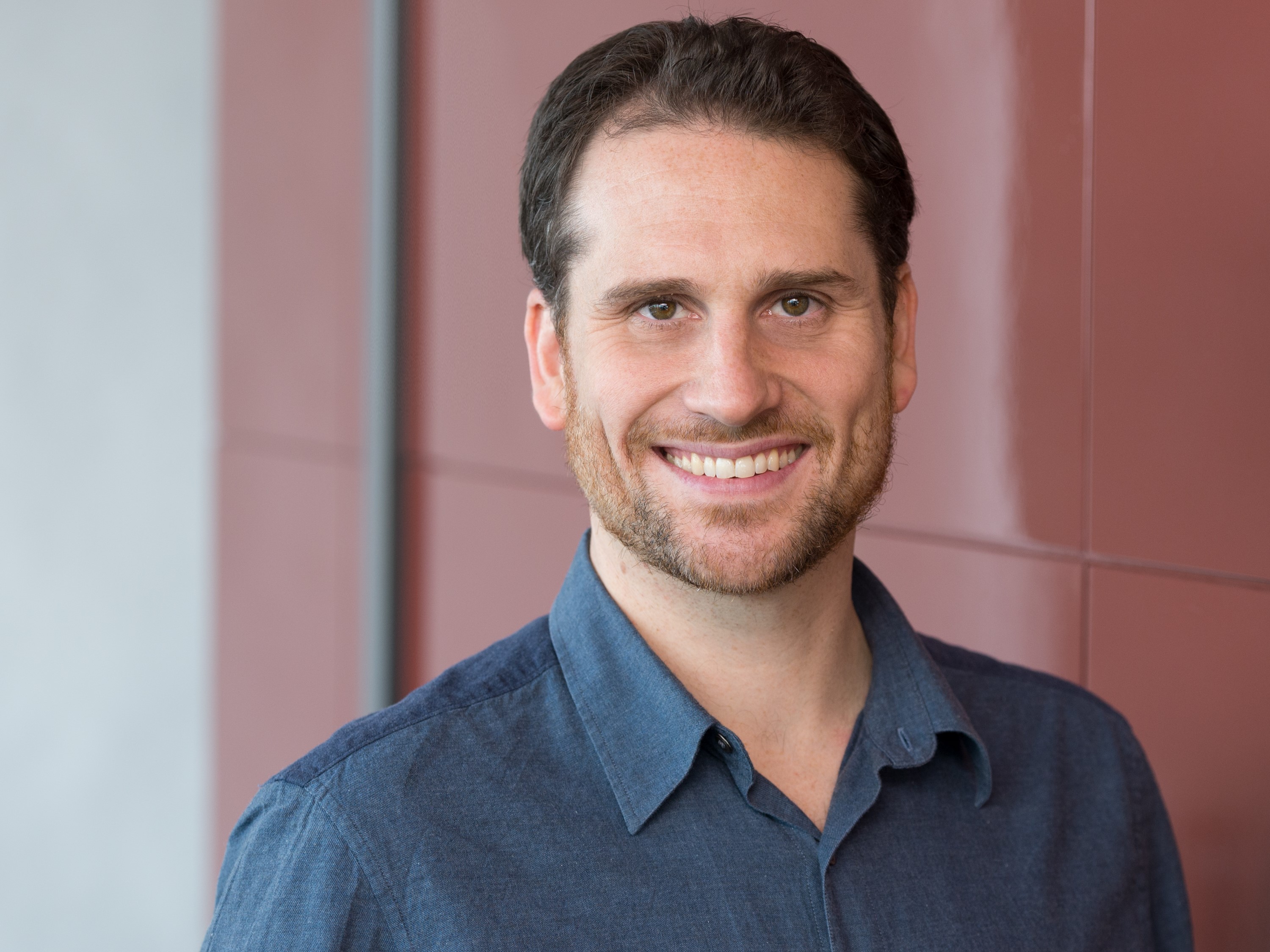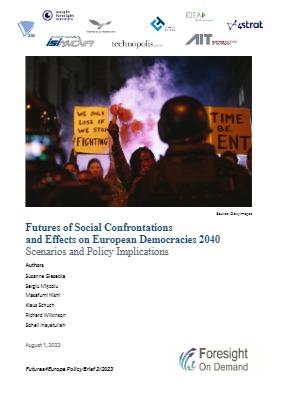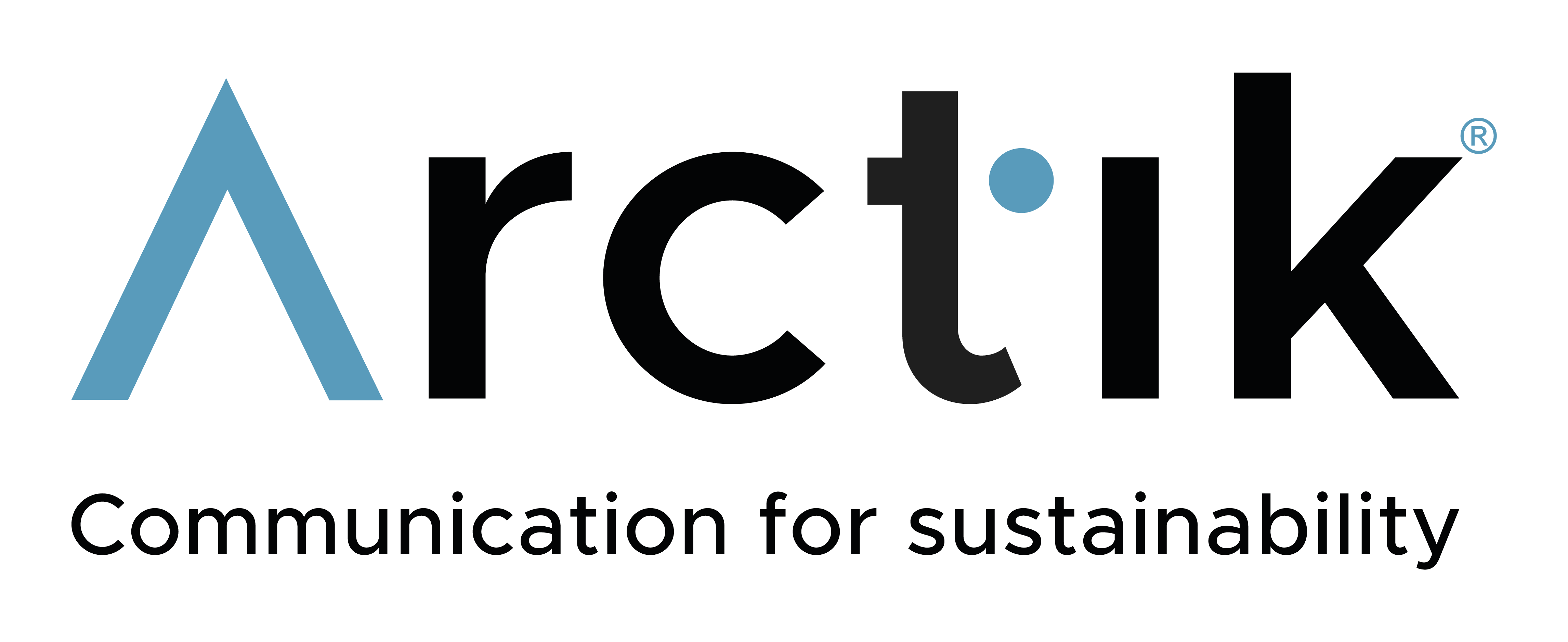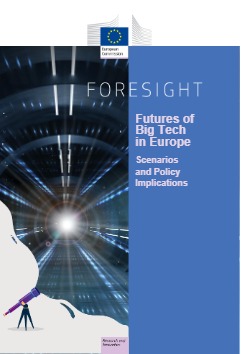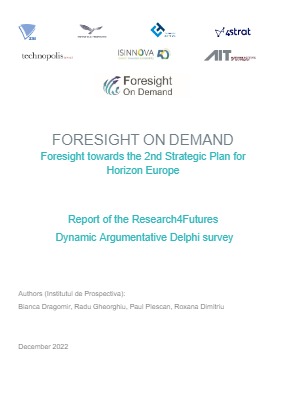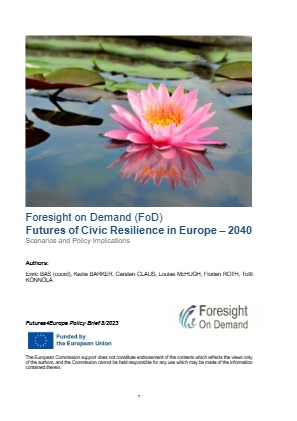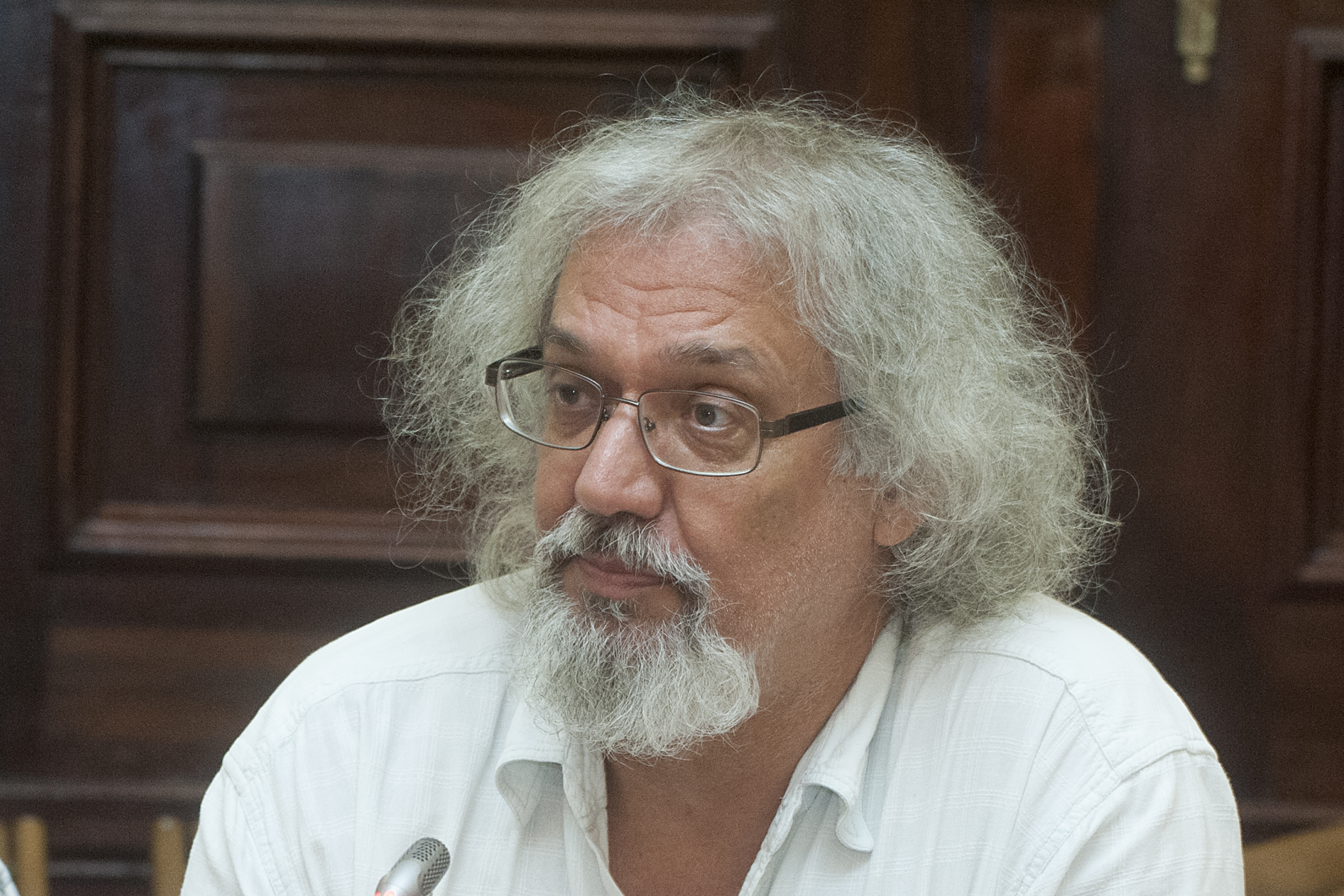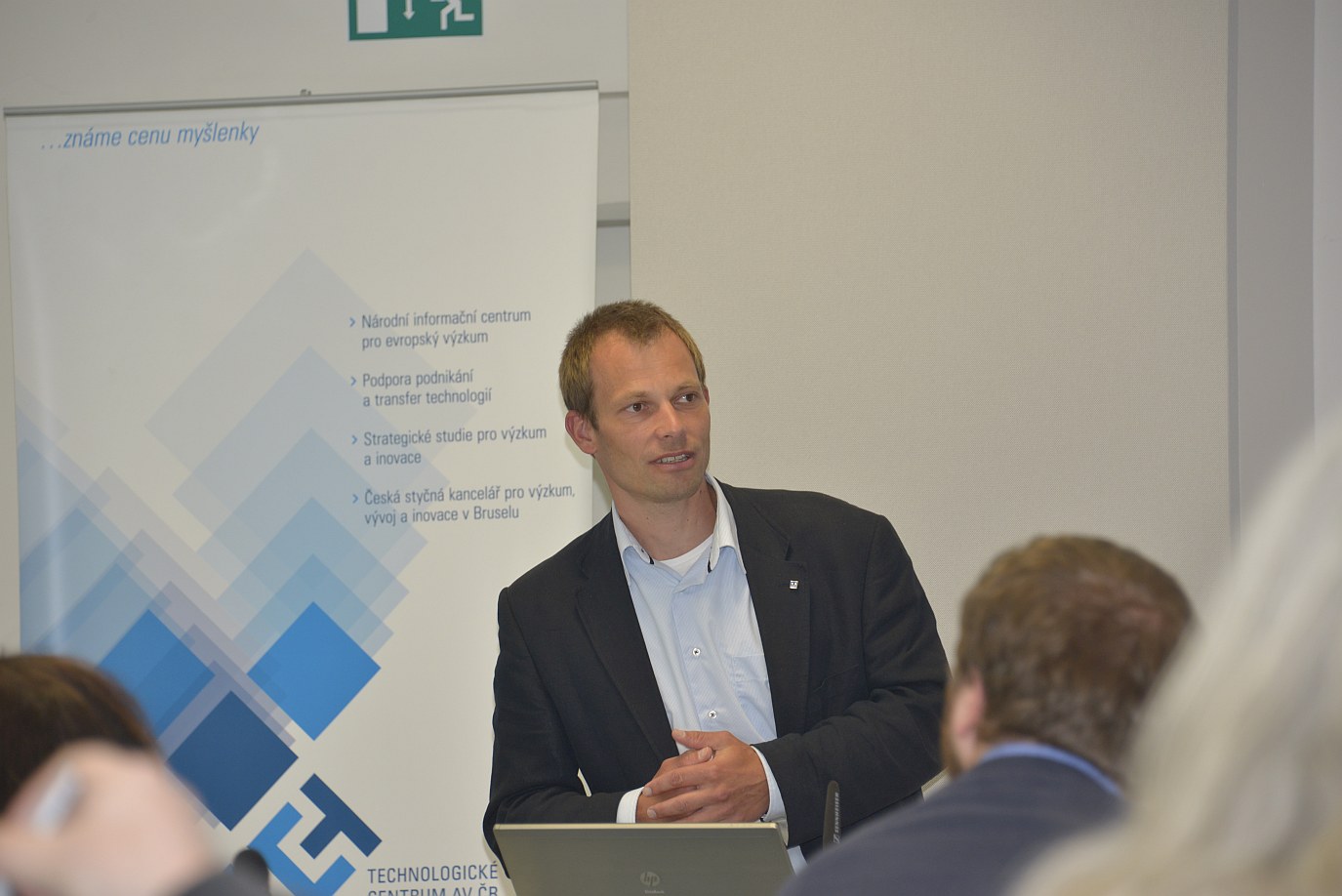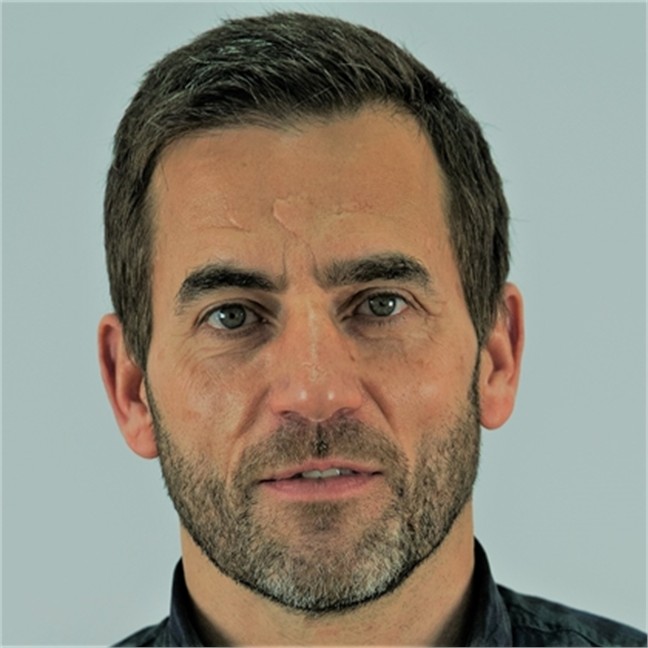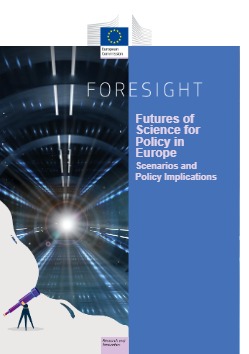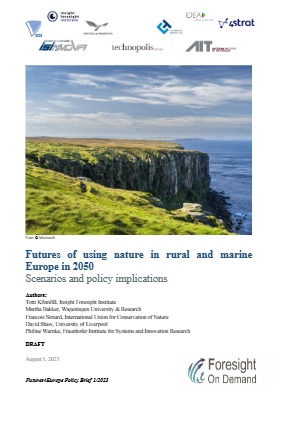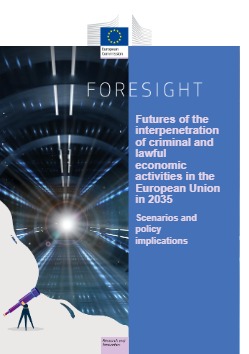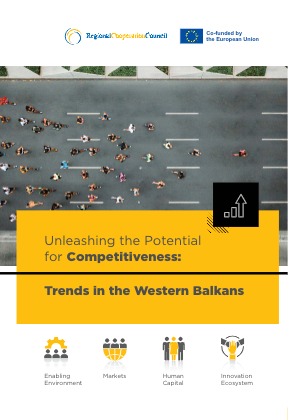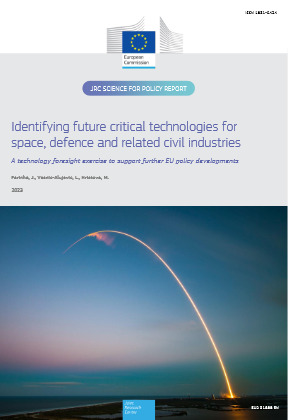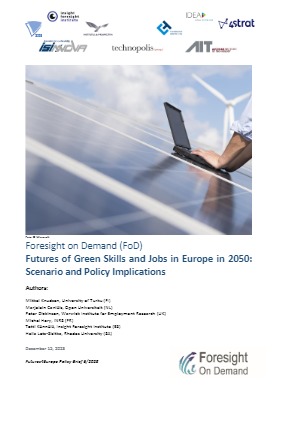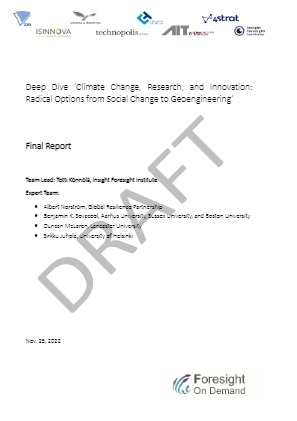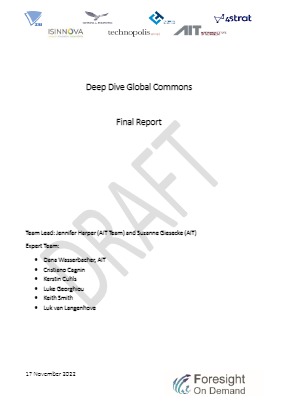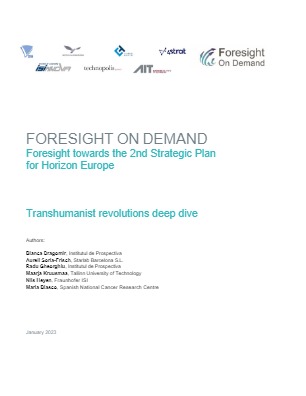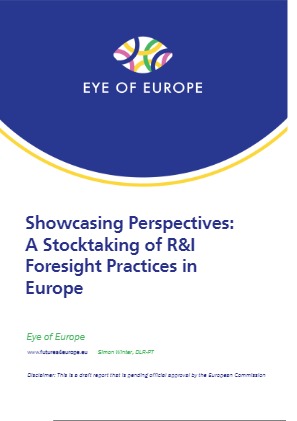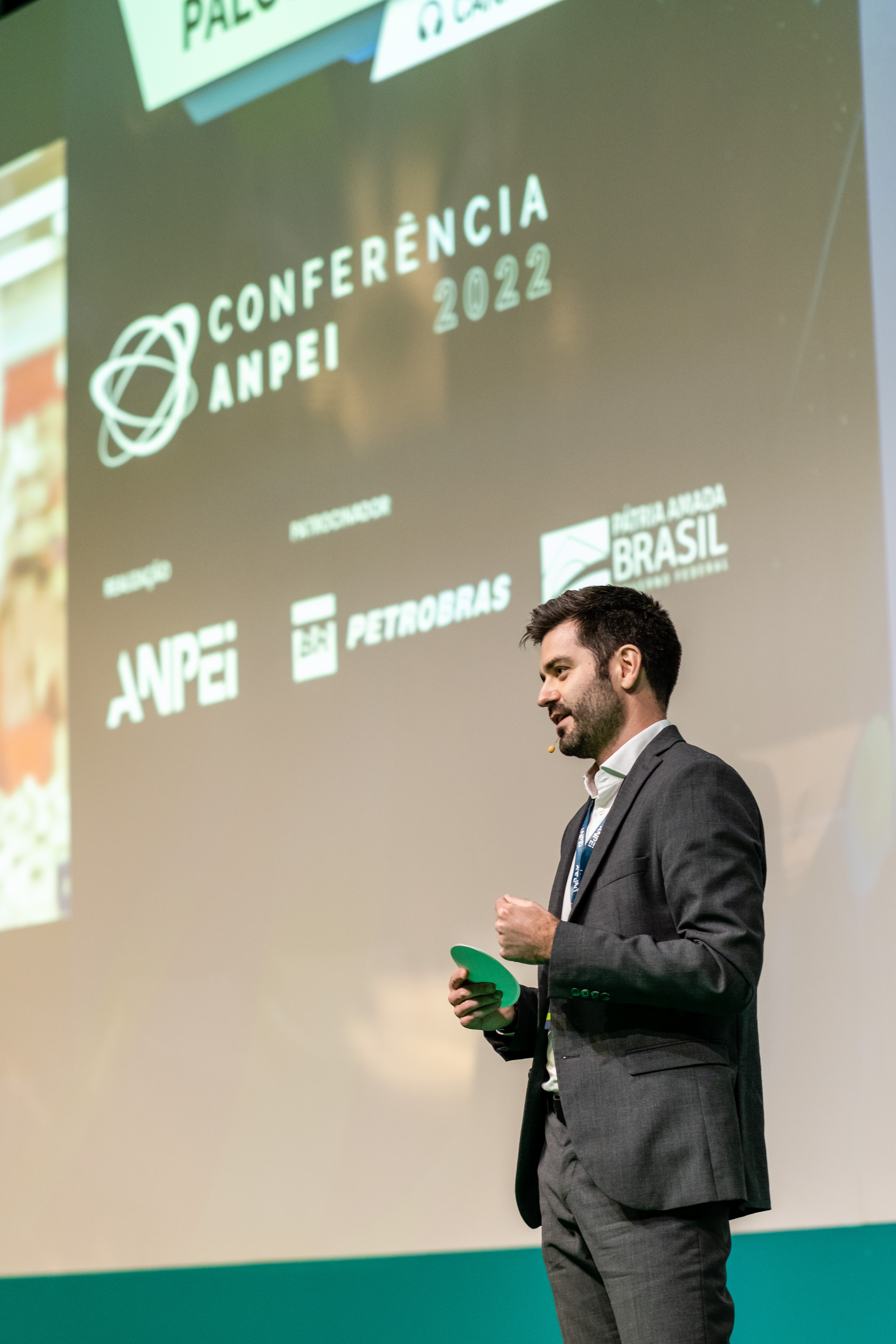The European foresight community has experienced remarkable growth in recent years. The newly published Eye of Europe report "Showcasing Perspectives: A Stocktaking of R&I Foresight Practices in Europe" provides an assessment of just that, namely the actors, preferred methodologies, success factors and bottlenecks for effective R&I foresight projects, as well as trends for future R&I foresight projects in Europe.
This stocktaking, carried out by the DLR Projektträger in the framework of the Eye of Europe project, is based on a comprehensive survey of 43 R&I foresight organisations in 16 ERA and four non-ERA countries. Interviews with renowned national foresight experts complement the findings. Similar response rates from government and academia, business and other organisations such as consultancies or NGOs allowed for a diverse snapshot of R&I foresight approaches in Europe.
Highlighting flagship projects
For the preparation of the study, European foresight actors submitted 54 different R&I foresight projects. These include projects that aim to anticipate technological and societal changes in order to inform national and regional R&I strategies and make them more robust, or foresight projects that address complex global issues such as climate change, cancer or sustainable food security. Others seek to understand new developments, such as the digital transformation, and analyse the social and economic impact of these changes, or to develop and design new products.
R&I foresight projects are not only carried out at European and national level. The report additionally highlights sub-national champions such as the Friuli Venezia Giulia region and Sardinia in Italy, the Helsinki-Uusimaa region in Finland, Ostbelgien and the Flemish government in Belgium, or Hauts-de-France, to show how they have used foresight methods to advance their R&I agendas.
What are critical success factors and bottlenecks for R&I foresight projects in Europe?
Here is what the R&I foresight experts believe contributed to the success of their projects: Top of the list of critical success factors - mentioned by almost all respondents - is high-level commitment and support from government representatives. Ensuring cross-sectoral stakeholder engagement was another frequently cited factor. Leveraging existing networks or databases of expertise was also cited as a critical success factor, as it enables the rapid mobilisation of the right experts. But how can we ensure that we reach the relevant people and keep them engaged?
Several R&I foresight experts stressed the importance of defining and communicating a clear purpose for the project and explaining why it is important and worth stakeholders' time, as well as demonstrating that foresight can add value in the context of today's R&I challenges. What can foresight achieve and what are its limitations? Transparency of methods also contributes to credibility. Facilitating direct interaction between participants in creative settings has the potential to be beneficial, allowing for more dynamic and contextually rich foresight outcomes. The R&I foresight experts noted that it is important to allow sufficient time for interactive discussions. Wherever possible, the setting should be face-to-face.
Yet, these R&I foresight projects have not always gone to plan. Bottlenecks identified include recurring ones such as insufficient time for comprehensive analysis and stakeholder engagement, or financial constraints that can prevent in-depth trend analysis and essential foresight activities. It can also be time-consuming to mobilise a diverse group of experts and policy-makers for participatory exercises, which can be a challenge in a time-critical project. Short-term thinking and a reluctance to challenge established beliefs can hinder the exploration of alternative futures and stifle innovative foresight efforts. Others reported the "impact gap" and their struggle to ensure that foresight results influence decision making, often exacerbated by an over-reliance on written summaries that lack engaging communication methods. Finally, maintaining objectivity in horizon-scanning activities and avoiding the pitfalls of techno-optimism can also be challenging.
What's next? Trends in R&I foresight
The report provides answers to those curious about the new frontiers and trends in the use of R&I foresight. Whether it's the integration of AI and machine learning technologies into foresight practices, the representation of future generations and nature in foresight processes, speculative and design-based approaches or debiasing techniques, the methods of R&I foresight are constantly evolving.
For those wishing to expand their networks, the report also provides an overview of international and European (R&I) foresight networks, national (R&I) foresight networks, networks focusing on technology assessment, and examples of regular (R&I) foresight conferences or conferences with sessions dedicated to R&I foresight.
This stocktaking report is a snapshot of the status quo of R&I foresight actors in Europe. However, new innovative projects are being implemented as you read this article. As the Eye of Europe project consortium, we are committed to strengthening fora for exchange among R&I practitioners interested in foresight methodologies. Let's continue the lively discussions on the Futures4Europe platform to shape tomorrow's R&I agendas together.
For more information, feel free to reach out to the author Simon Winter at simon.winter@dlr.de









